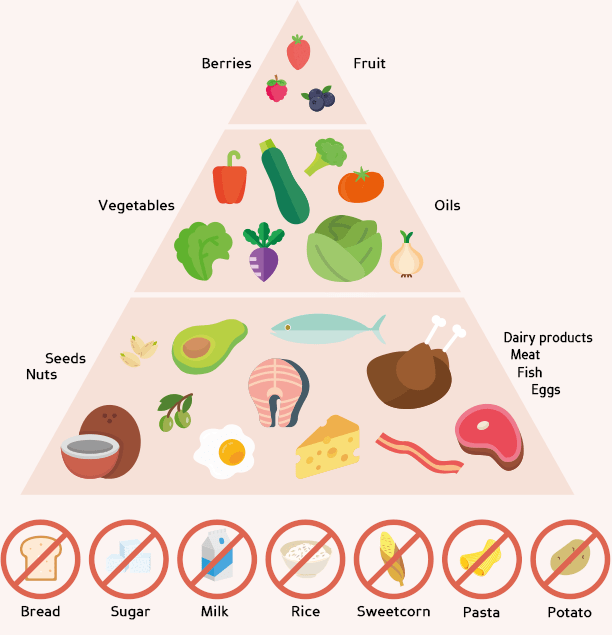MEDITERRANEAN DIET: Benefits and Drawbacks
Author: Shiela Lupiba
Shiela Lupiba
Category: Health
Tags: diet, health, mediterranean

What is Mediterranean Diet?
The Mediterranean diet is one of the best and widely acclaimed so-called diets. In fact, U.S. News & World Report ranked the Mediterranean diet first on its 2019 41 Best Diets Overall list, citing a slew of health benefits, including weight loss, heart and brain health, cancer prevention, and diabetes prevention and control.
It emphasizes eating plant-based foods like fruits, vegetables, whole grains, beans, and seeds. Also, it recommends eating fish and seafood at least twice a week, eating poultry, eggs, cheese, and yogurt in moderation, and reserving sweets and red meat for special occasions. Moreover, it also prioritizes healthy fats over saturated fats, such as olive oil over butter, and uses herbs and spices instead of salt.
BENEFITS
Here are the top 4 benefits that can happen to your body as well to your health
- Can reduced risk of heart disease
The Mediterranean diet is most famous for its benefit to heart health, decreasing the risk of heart disease by, in part, lowering levels of bad cholesterol and reducing mortality from cardiovascular conditions.
2. Reducing the risk of Alzheimer's
According to research, the Mediterranean diet may improve cholesterol, blood sugar levels and, blood level health, which may reduce the risk of Alzheimer’s or dementia.
3. Protecting against type 2 diabetes
Mediterranean diets high in fruits and vegetables are known to be beneficial to diabetics. Mediterranean diets rich in fruits, vegetables, and fiber, in addition to being protective against type 2 diabetes, can help people with diabetes control their blood sugar levels.
- It may help with weight loss
One example of a plant-based eating plan that can aid in weight loss is the Mediterranean diet. Plant-based diets have grown in popularity in recent years due to their health and environmental benefits. Also, it is for weight loss since it is a well-balanced diet rich in fruits, vegetables, nuts, legumes, and olive oil, as well as fish and smaller amounts of poultry and dairy.
DRAWBACKS
- No Specific Guidelines
The Mediterranean diet, unlike many other eating patterns, does not provide specific calorie counts, food portion sizes, or strict lists of foods to eat and foods to avoid. There is also no single source for adhering to this diet.
2 . May fall short on some nutrients
You may experience calcium loss if you consume fewer dairy products. Consult your doctor to see if you should take a calcium supplement.
3. Calcium loss
You may also have low iron levels. If you choose to follow the Mediterranean diet, make sure to include foods high in iron or vitamin C, which aids in iron absorption.












